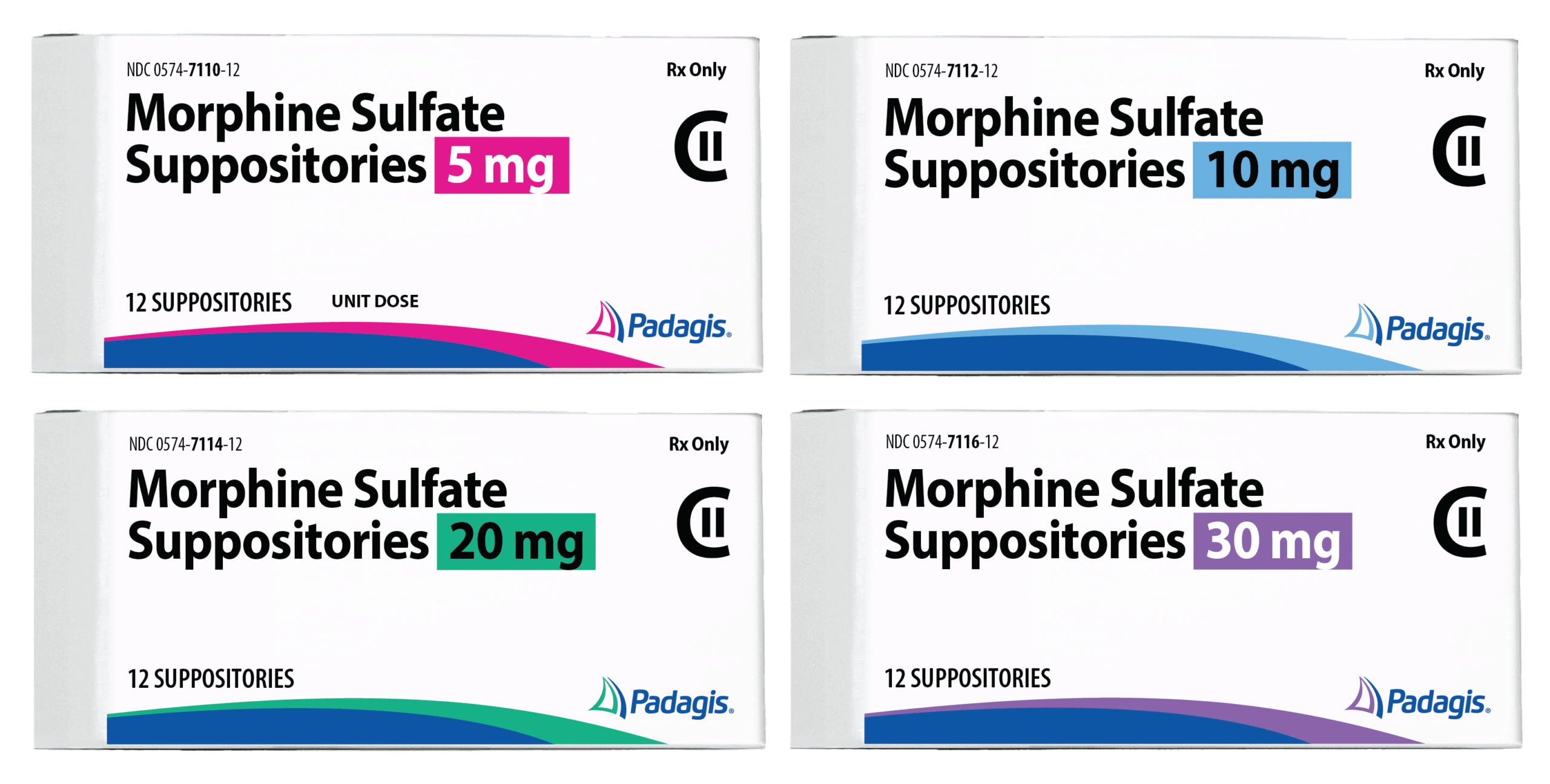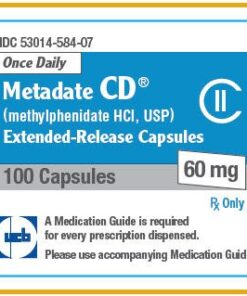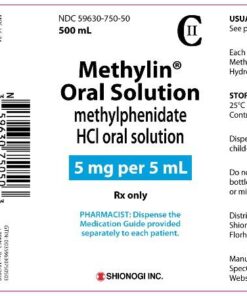Cautions with other medicines
Some medicines and morphine can affect each other and increase the chance that you will have side effects.
Tell your doctor if you are taking any medicines:
- to help you sleep
- for mental health problems including depression or to reduce tension or anxiety
- for high blood pressure (hypertension)
- to help stop you feeling or being sick (nausea or vomiting)
- to treat symptoms of an allergy
- to control seizures or fits due to epilepsy
Taking morphine with other painkillers
It’s safe to take morphine with paracetamol, ibuprofen or aspirin.
Do not take morphine with painkillers that contain codeine. You will be more likely to get side effects.
Some everyday painkillers that you can buy without prescription from pharmacies contain codeine, which is a similar medicine to morphine. Painkillers from pharmacies with codeine in include co-codamol, Nurofen Plus and Solpadeine.
Mixing morphine with herbal remedies and supplements
It’s not possible to say that herbal remedies or supplements are safe to take with morphine.
They’re not tested in the same way as pharmacy and prescription medicines. They’re generally not tested for the effect they have on other medicines.












Reviews
There are no reviews yet.